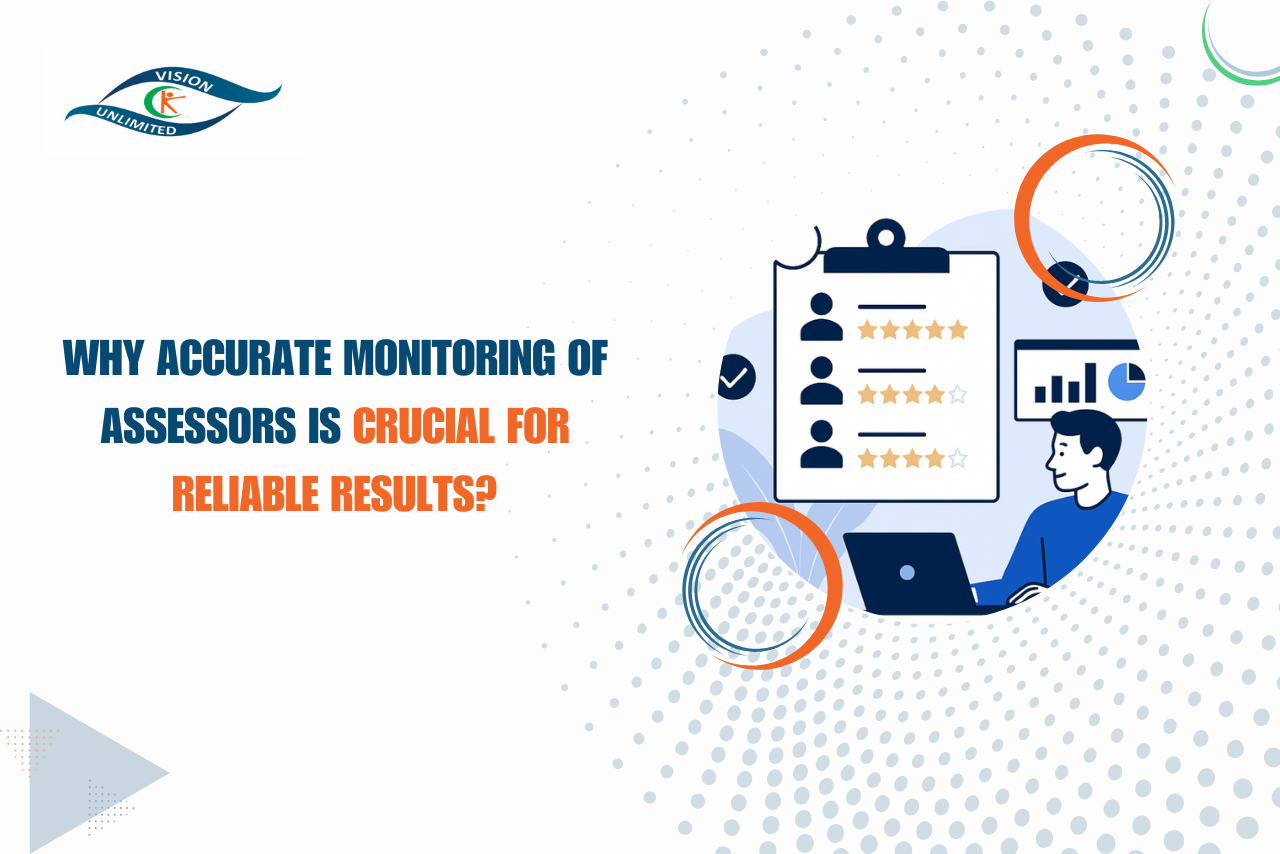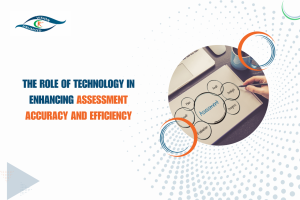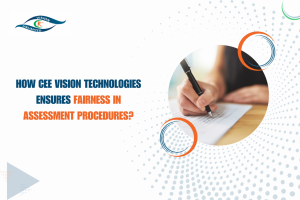Why Accurate Monitoring of Assessors is Crucial for Reliable Results?
In today’s competitive landscape, the integrity and reliability of assessments play a pivotal role in ensuring fair and accurate outcomes. Accurate monitoring of assessors is a cornerstone of achieving reliable assessment results. This blog delves into why effective monitoring is essential for maintaining assessment accuracy and how it directly impacts the quality of results.
The Importance of Accurate Monitoring
Accurate monitoring of assessors is crucial for several reasons, all of which contribute to the overall reliability of assessment results. Without a robust monitoring system, the risk of discrepancies, biases, and errors increases, compromising the validity of the assessments.
Ensuring Consistency Across Assessments
Consistency is a key component of reliable assessments. Accurate monitoring ensures that all assessors adhere to the same standards and criteria, minimizing variations in scoring and evaluation. By regularly monitoring assessors, organizations can maintain a uniform approach, which is essential for providing fair and consistent results.
2. Mitigating the Risk of Bias
Bias can significantly skew assessment results. Effective monitoring helps identify and address potential biases among assessors, ensuring that personal opinions or prejudices do not affect the evaluation process. Implementing a monitoring system that tracks and reviews assessor performance helps in maintaining objectivity and fairness in assessments.

3. Enhancing Accountability
Accurate monitoring of assessors fosters accountability. When assessors know their work is being monitored, they are more likely to adhere to established guidelines and standards. This accountability helps in upholding the integrity of the assessment process and reinforces the importance of delivering reliable results.
4. Identifying and Addressing Errors
No assessment process is flawless, and errors can occur. Regular monitoring helps in identifying and addressing these errors promptly.
By analyzing assessment patterns and reviewing assessor performance, organizations can correct mistakes and make necessary adjustments to improve accuracy and reliability.
Implementing Effective Monitoring Strategies
To ensure the accuracy of assessment results, organizations need to implement effective monitoring strategies. Here are some key approaches:
1. Regular Training and Calibration
Continuous training and calibration sessions are vital for assessors. These sessions ensure that all assessors are up-to-date with the latest guidelines and standards. Regular calibration helps in aligning assessor evaluations and maintaining consistency in scoring.
2. Utilizing Technology for Monitoring
Technology plays a significant role in monitoring assessors. Advanced assessment platforms, such as those offered by Cee Vision, provide tools for real-time monitoring and analysis. These platforms can track assessor performance, identify trends, and generate reports that highlight areas for improvement.
3. Conducting Regular Audits
Periodic audits of the assessment process are essential for ensuring accuracy. Audits involve reviewing a sample of assessments to verify that they meet the required standards. This practice helps in identifying any discrepancies and implementing corrective measures to enhance reliability.
4. Feedback and Improvement
Gathering feedback from assessors and candidates can provide valuable insights into the assessment process. Monitoring systems should include mechanisms for collecting feedback and using it to make continuous improvements. Addressing concerns and suggestions from stakeholders helps in refining the assessment process and ensuring better accuracy.
The Role of Cee Vision in Accurate Monitoring
Cee Vision, a leading assessment agency, understands the importance of accurate monitoring in achieving reliable results. Their advanced assessment solutions are designed to facilitate effective monitoring of assessors. With features such as real-time tracking, performance analytics, and comprehensive reporting, Cee Vision ensures that the assessment process remains transparent and accurate.
By leveraging Cee Vision’s technology, organizations can benefit from:
Enhanced Monitoring Tools:
Cee Vision’s platforms provide robust tools for monitoring assessor performance, ensuring adherence to guidelines and standards.Data-Driven Insights:
The technology offers valuable insights through data analytics, helping organizations identify trends and make informed decisions.Continuous Improvement:
Regular updates and improvements to the platform ensure that monitoring practices stay relevant and effective.
Conclusion
Accurate monitoring of assessors is integral to maintaining the integrity and reliability of assessment results. By implementing effective monitoring strategies and leveraging advanced technologies, organizations can ensure consistency, mitigate bias, and enhance accountability. Cee Vision’s commitment to providing cutting-edge assessment solutions further supports the goal of achieving reliable and accurate assessment outcomes.
For organizations aiming to elevate their assessment processes, investing in accurate monitoring is a crucial step towards ensuring fairness and precision in evaluations. Embrace the power of effective monitoring and witness the positive impact it brings to your assessment results.



